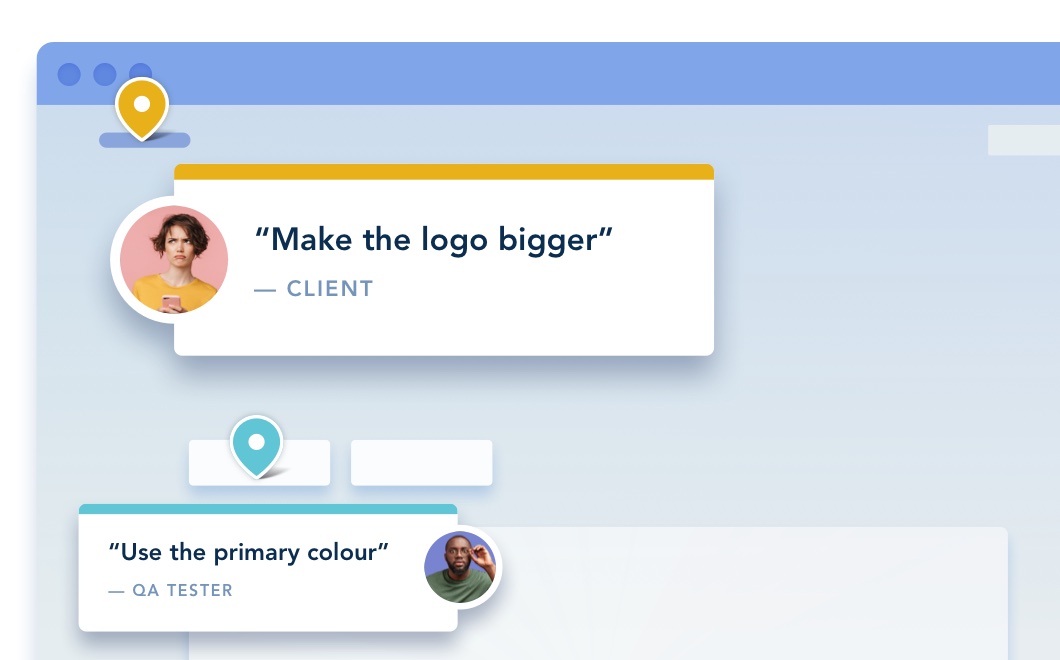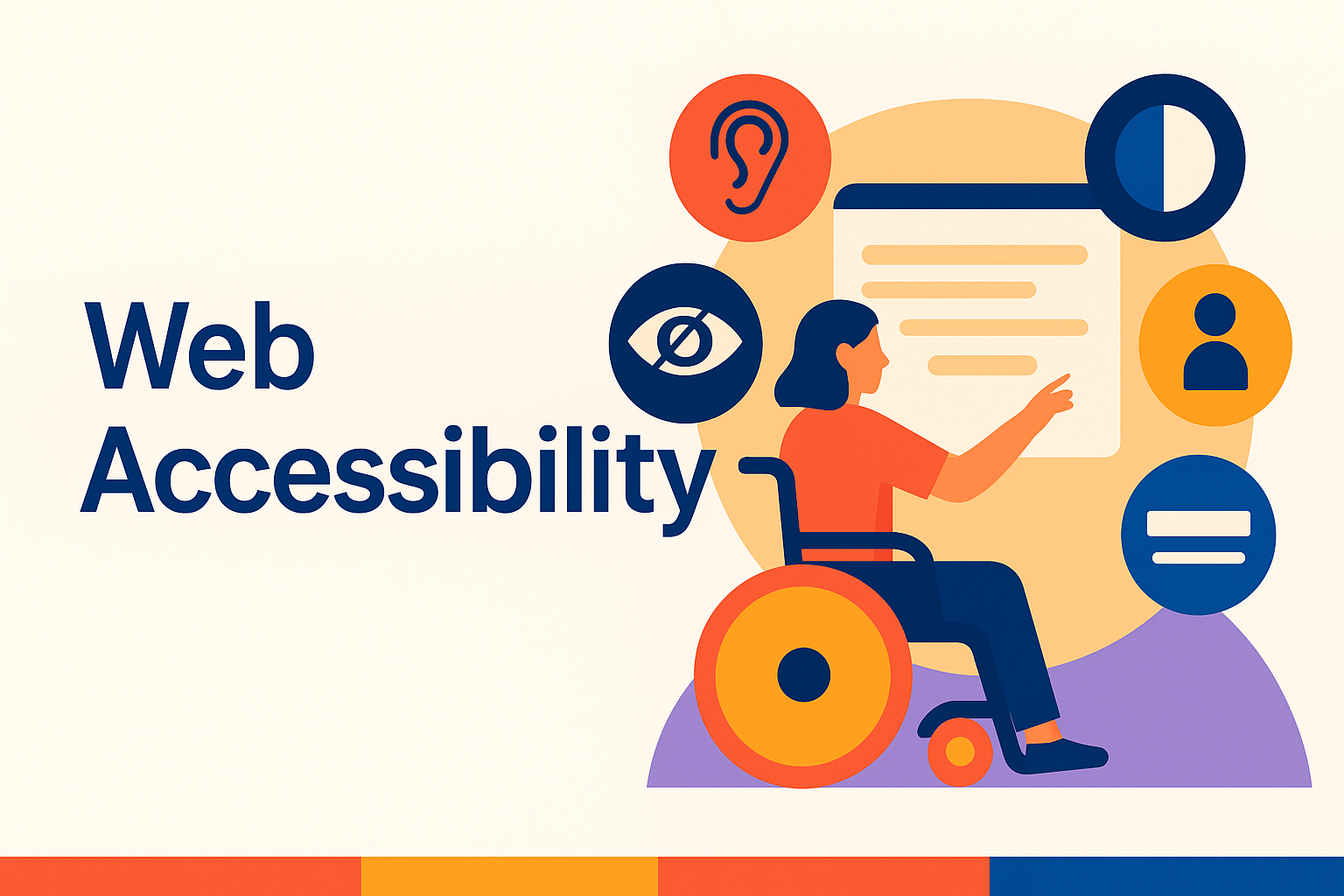Is a headless CMS good or bad for SEO?

Headless CMS and pure Content-as-a-Service providers cleanly separate your channel-agnostic content from the implementation of your website. But what does this mean for traditional CMS features that were designed specifically to optimise how your website presents, such as on-page Search Engine Optimisation (SEO)?
I recently heard whispers from multiple sources – a CMS vendor, multiple potential customers, and even an SEO expert – that using a headless CMS can have a negative impact on your website's SEO, compared to using a 'traditional' Web Content Management System (WCMS) such as Umbraco or Wordpress, or a Digital Experience Platform (DXP) such as Kentico Xperience, Episerver or Sitecore. I was a little surprised to hear this, since we've had great success with our own website (this one!) which uses Kontent as a headless CMS.
Why would headless CMS hinder SEO?
I scratched my head and it occurred to me that on the surface, there could be a reasonable rationale for this opinion, since a traditional CMS will typically provide features out of the box to assist you with SEO, for example providing templates for SEO metadata, through to either automatically implementing or helping you audit minimum SEO practices or standards, or automatically producing an XML sitemap. A headless CMS will not or cannot do some of these things, as it's not directly in control of your website's output, which is a big part of what needs to be optimised for search engines.
However, this doesn't mean headless CMS is going to provide bad SEO, it just means it's not done for you by the CMS. This puts SEO in the same category as any number of other website features you just need a good plan for in a microservices architecture, such as search, forms, email marketing, or personalisation.
The case for headless
What this simple 'headless CMS doesn't have SEO features' rationale fails to consider is some of the other inherent benefits that you can get from going headless, including flexibility, stability, and speed, which can have a direct impact on SEO.
Standard practice versus best practice
Most good CMS platforms include features designed to help you with your SEO efforts. These range from basic options such as editing the page URL and basic metadata (description, keywords), through to more sophisticated auditing of your implementation. Many will provide integration with specialist third-party optimisation services such as Monsido or Siteimprove too.
The problem with this solution isn't the features themselves, in fact it's similar to the argument for headless hurting SEO: if you just leave it how it is and don't actually put some effort in, you won't see the benefits. Too often we see content editors trusting that their shiny CMS features will sort out their SEO optimisation for them, which leads to them leaving defaults set, or in some cases not giving any attention at all to key factors such as page titles, descriptions, and structured data. In the worst case scenario, this can lead to issues with a negative impact, such as duplicate titles or descriptions being set for all pages in a website.
It's also quite possible, or even likely, that your traditional CMS platform's default SEO implementation is based on slightly older or out-of-date SEO implementation best practices. When your SEO agency asks you to change the implementation, for example adding or removing certain meta tags, you may not be able to without customisation or development effort. Once you go beyond the features available 'out of the box' in your traditional CMS, you're playing in the same arena as headless CMS implementation (custom dev or third party integrations).
In a headless world, implementation of your SEO optimisations is not tied to your CMS at all. You're able to choose whichever framework or set of standards you want to implement, and free to modify or replace it at any time. You can model your channel-specific metadata however you wish with no constraints, and implement exactly what is required for the best SEO possible.
Complete flexibility
Being in complete control of the markup your website produces means you're able to implement literally everything your SEO agency recommends. Often there is a bit of a battle between an SEO expert and a web developer over what's easy (or what's even possible) to implement within a CMS platform, and sometimes compromises need to be found.
Whether it's smart snippet metadata, OG tags, Twitter cards, canonical tags, AMP, adjusting the order of things on the page or the way tags are implemented, all of this is completely in the hands of the site's developer.
Stability
One of the most popular ways to implement a site using a headless CMS is on the Jamstack. By pre-rendering your pages and making them available over a CDN the moment they're published, you're no longer reliant on the CMS to actually process and serve up pages on visitor request. This means your pages are always available worldwide, even if your CMS is offline, with no disruption or unexpected results for search engine crawlers or social media networks.
Speed
Another benefit of the Jamstack and headless of course, is the sheer speed of a static site. It allows you to deliver your website to your visitors (and search engine robots) incredibly quickly.
Anecdotal evidence existed for years, but now Google has gone one step further and openly stated that site speed directly affects search engine page rankings.
It's not all about content management
Of course, we can get hung up on what options your CMS gives you, and forget that SEO is about more than just key words, meta tags and semantic HTML. There are plenty of other factors that impact SEO, from domain names, to your site's age, to in-bound links. No CMS is going to to help or harm these factors.
Can a headless CMS provide better SEO?
So can using a headless CMS result in bad SEO? Maybe. Can it give you fantastic SEO? Yes, it can!
A traditional CMS is likely to give you a head start on your implementation, and it's likely to prevent objectively bad SEO. If you use its tools and features properly, you're likely to get reasonably good SEO.
With a headless CMS, you're on your own. You might do a terrible job, or you might do it incredibly well. The sky (or the floor) is the limit!
Or if you are a nerd from the 80s like me, think of it like the arcade game classic Daytona USA. Traditional is automatic - less risky, but lower top speed. Headless is manual - if you know what you're doing, you can go faster!



